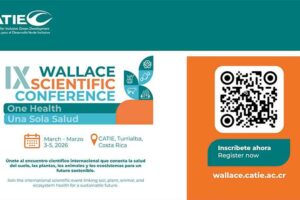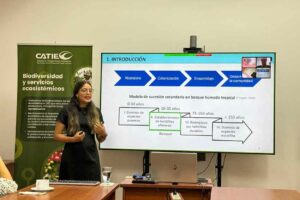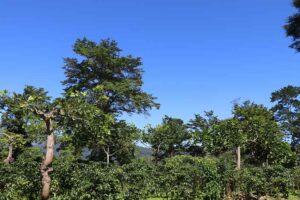Financial institutions drive the transition toward sustainable livestock production in Honduras
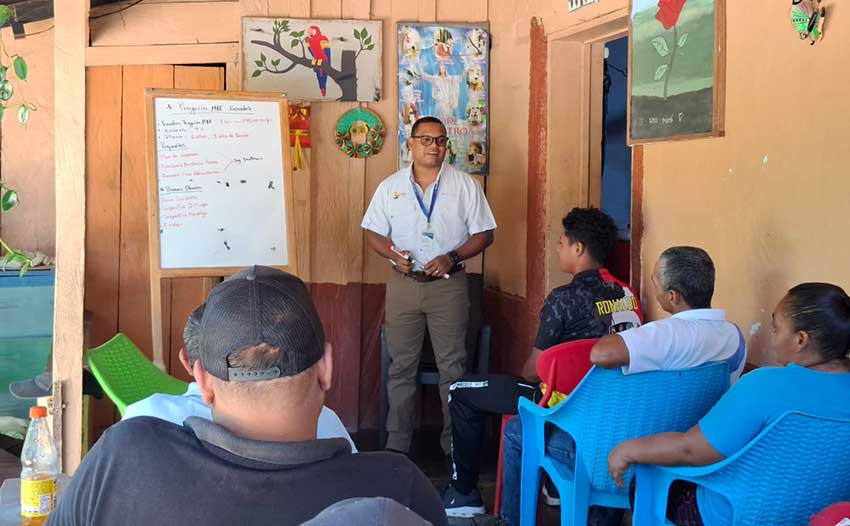
- More than seven financial institutions are already operating the green credit line of the MAF–Livestock–HN project in the project’s intervention areas.
The strengthening of the livestock sector toward a low-carbon economy is moving forward decisively thanks to the key role of the Intermediary Financial Institutions (IFIs) that have joined the implementation of the financial mechanism “MAF–Livestock–HN.” This innovative financial product is administered by BANHPROVI and supported by the CATIE (Tropical Agricultural Research and Higher Education Center) project Transforming the Honduran Livestock Sector into a Low-Carbon Economy (MAF–Livestock–HN), financed by the Mitigation Action Facility (MAF).
Following CIRCULAR No. PE-006/2025, BANHPROVI established the official credit parameters and authorized several IFIs which, due to their solidity, territorial presence, and social commitment, now form part of the financial network that facilitates access to resources for small and medium livestock producers benefiting from the project.
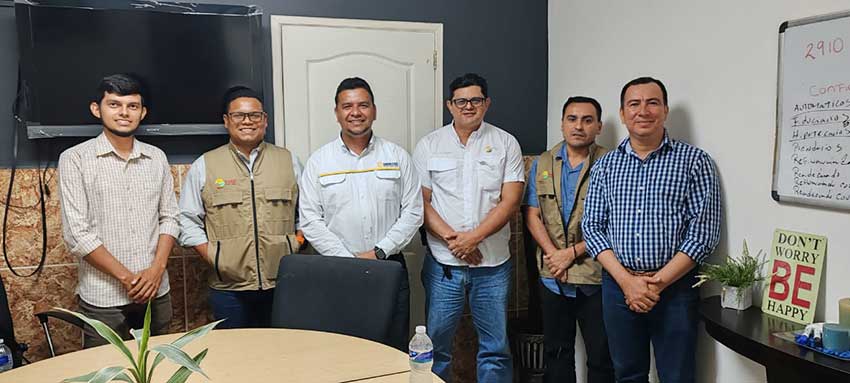
These institutions not only channel the green funds but also verify, validate, and accompany the credit process, ensuring that investments made by producers comply with the sustainable practices promoted by the MAF–Livestock–HN project.
Authorized financial institutions
1) San Marqueña Savings and Credit Cooperative Ltd.
2) Chorotega Cooperative
3) Banco de Occidente
4) Ceibeña Savings and Credit Cooperative Ltd.
5) Juticalpa Savings and Credit Cooperative Ltd.
6) Women’s Business Development Organization (ODEF)
7) Foundation for Rural Business Development (FUNDER)
These seven institutions—now fully operational and with more entities in the process of joining—represent a financial network strategically distributed in the areas where the project carries out technical assistance activities through the establishment of Field Schools. These schools support the productive transformation of the livestock sector in Honduras.
IFIs as a pillar of livestock transformation
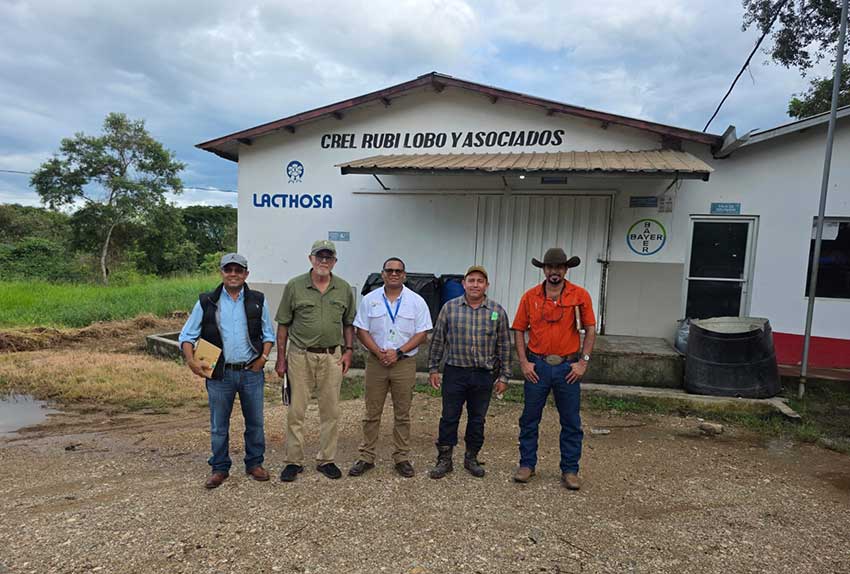
IFIs are organizations authorized to channel financial resources (loans, development funds, lines of credit, guarantees, etc.) from a third party—usually governments, development banks, multilateral organizations, or specific programs—to the individuals and enterprises that need them.
The role of these institutions is crucial for several reasons:
Specialized intermediation: They manage the MAF–Livestock–HN green credit under preferential conditions (4% annual interest rate, terms of up to 6 years, and grace periods of up to 12 months).
Technical–financial verification: They validate the project’s mandatory requirements, including the technical assistance certificate, the approved investment plan, and the commitment to zero deforestation.
Producer support: They guide livestock families in meeting requirements, documentation, guarantees, and credit conditions, helping democratize access to sustainable financing.
Territorial outreach: Their presence in strategic rural areas enables more producers to access resources for silvopastoral systems, productive infrastructure, and sustainable management practices.
A growing financial network
The IFIs integrated into the mechanism not only expand credit coverage but also strengthen sector confidence in green funds aimed at decarbonizing livestock production. Each institution that joins contributes operational capacity, territorial reach, and commitment to a more sustainable production model.
The participation of these entities opens new opportunities for more than 700 livestock families to explore financing alternatives that support the modernization of their productive units and the adoption of low-emission technologies.
Shared commitment
The MAF–Livestock–HN project recognizes the strategic role of IFIs as a key link between development banking, technical assistance, and livestock families, consolidating a financial model that promotes responsible, resilient practices aligned with the country’s climate objectives.
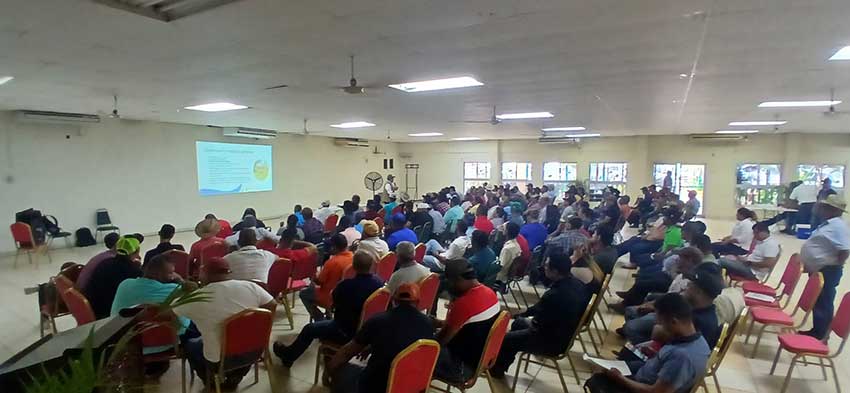
More information:
Juan Carlos Flores
National Coordinator, Honduras Transforming the Honduran Livestock Sector into a Low-Carbon Economy (MAF–Livestock–HN)
CATIE
juan.flores@catie.ac.cr
Written by::
Gina Samanti Puerto Morazán
Communicator
Transforming the Honduran Livestock Sector into a Low-Carbon Economy (MAF-Ganadería-HN).
CATIE
gina.puerto@catie.ac.cr

